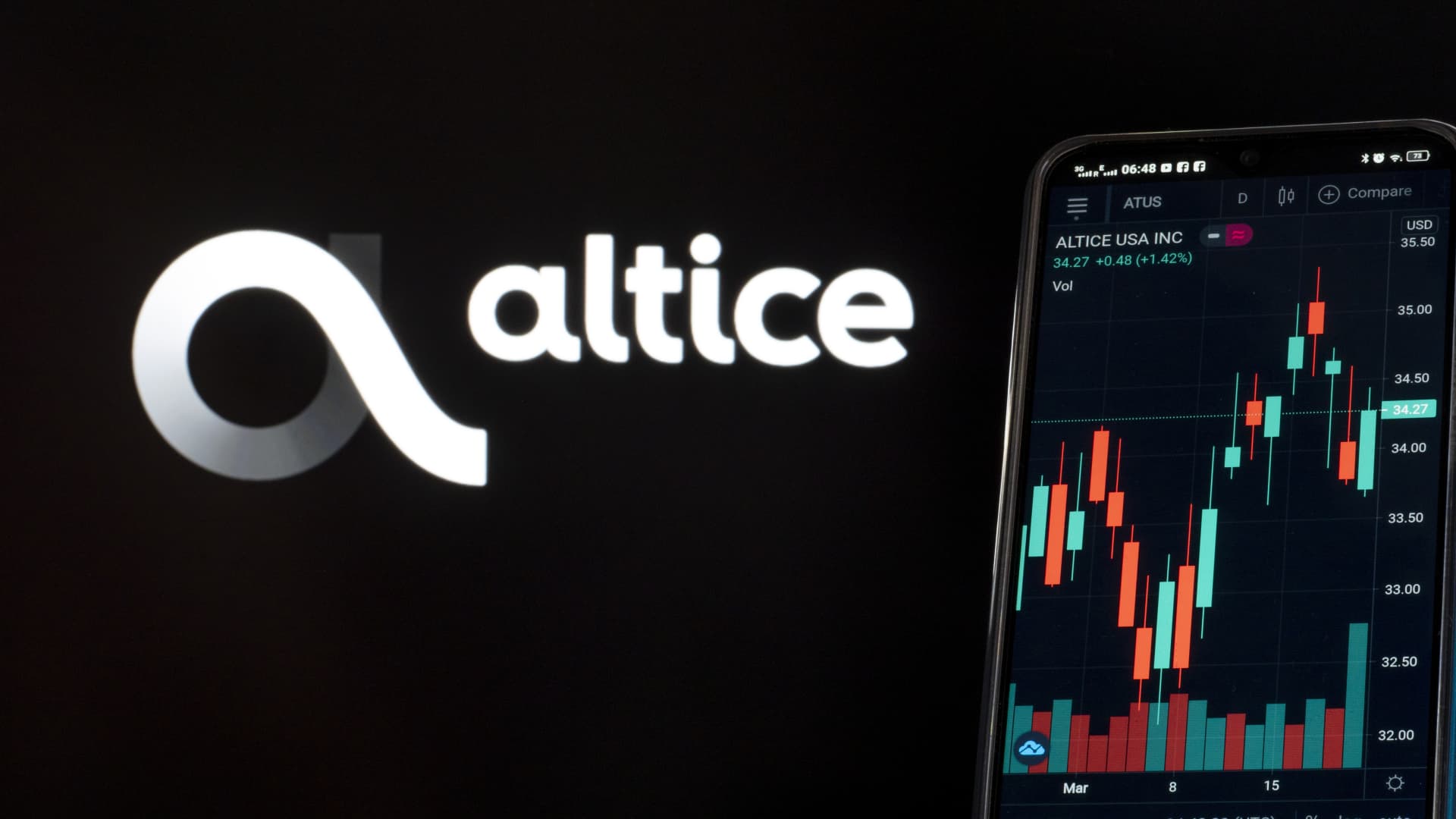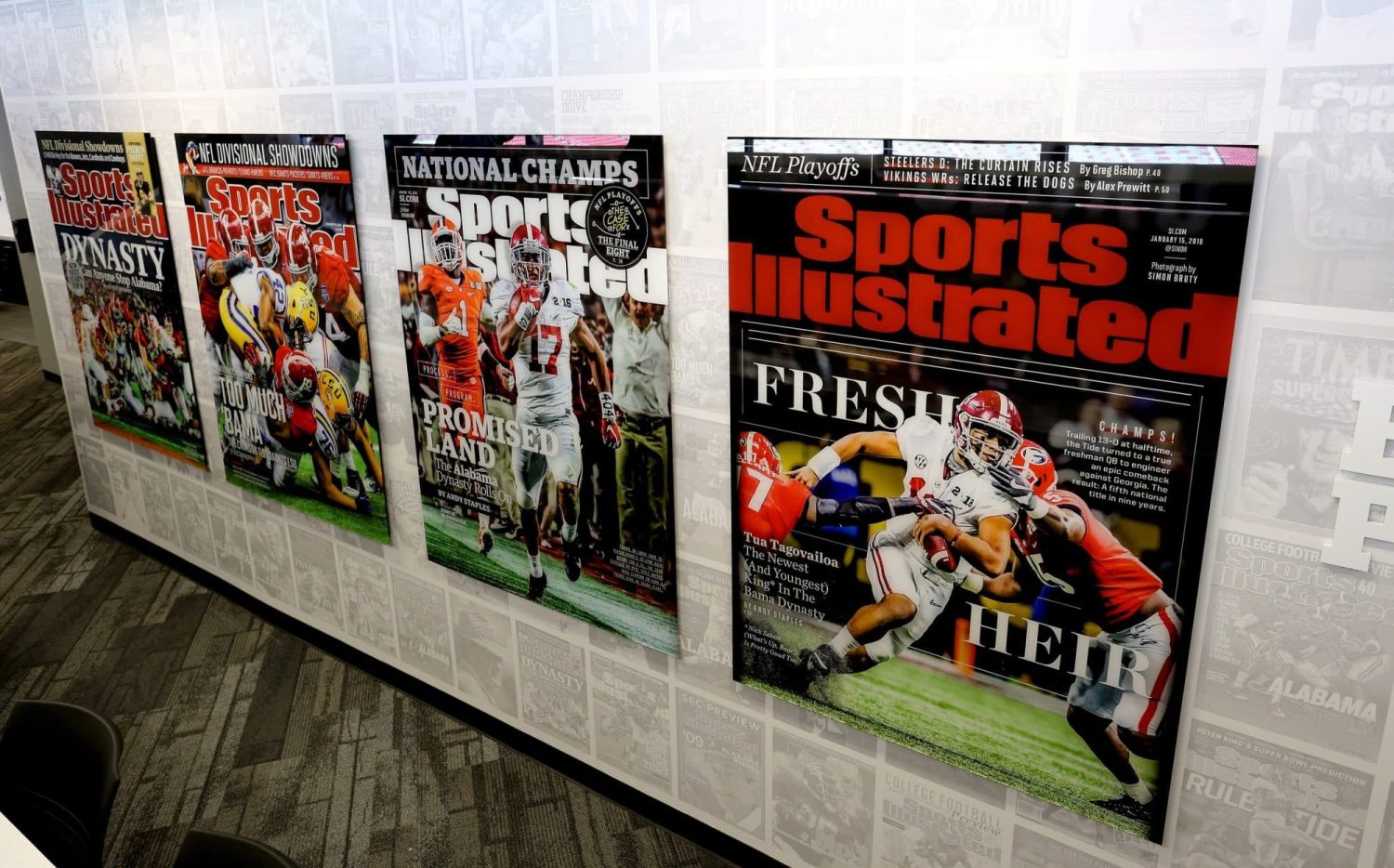- Digital Media Products, Strategy and Innovation by Kevin Anderson
- Posts
- Software is helping local media in the US create neighbourhood-level newsletters
Software is helping local media in the US create neighbourhood-level newsletters
Are we entering a post-platform era or just an era of new platforms?

I am all for using technology smartly to support local journalism, and it is interesting to see public media in Chicago use the Crosstown newsletter platform to add local data to a story so that it can be tailored for each neighborhood. For WBEZ in Chicago, that meant a reporter wrote one story, and the software produced 77 different versions. They say that the open rate is more than 70%, which means that the newsletters are finding a receptive audience. Fascinating.
A bit of a disclaimer first, not only is the New European a customer for Pugpig, where I work, but my team is currently doing some consulting for them. A couple of years, they launched a crowd-funding investment programme to allow them to market their newspaper. It has paid off so that they will be in the black with their pro-European British newspaper and digital news service. I like that they used this funding model to create a sustainable subscription business.
Future announced a decline in revenue, especially in the US market with the CEO putting the rough patch down to being hit hard by Google Algorithm changes, AI and the macro-economic environment. They saw a major decline in their technology commerce business with soft Black Friday sales, but sports and gardening were bright spots. They are splitting their portfolio into three segments. What is interesting to me is that these three segments aren’t audience-focused but rather focused on their performance: hero, halo and cash generator brands.
Cheddar was one of those news brands for millennials, and as it is up for what Brian Morrissey described as a “fire sale”, I wonder if this is an issue for media that was created for the generation’s moment but didn’t have a broader strategy.
News companies are getting serious about AI, and the New York Times has just announced its editorial director of A.I. Initiatives, Zach Seward. He will start by touring the newsroom and establishing principles for the use of A.I.
The Nieman Lab posts that caught my eye
Sarah Marshall highlights how post-platform has meant a change in platforms for her teams. She highlights work her teams have done on “Threads, WhatsApp Channels, Instagram Broadcasts, and the soon-to-launch Facebook Channels”. And YouTube Shorts has seen explosive growth as Comscore highlighted during its recent year in review. What I like about Sarah’s post is that it is focused on audience needs not just changes in platforms.
This piece caught my eye because it shows how a mix of public and institutional funders are trying to find a way forward for local news. Add this project in California to the Press Forward half-billion-dollar fund announced this year to other experiments such as information districts that leverage local libraries in the US, there are several efforts in the US to restore local news coverage.
After the AI screw-up at Sports Illustrated, there has been a leadership shake-up. But this coverage of the fall-out is a classic example of toxic leadership.
This is an important question, and this piece looks at some of the things that young journalists will need to be prepared for as they enter the field. I think that young journalists will also need to be taught how be entrepreneurial as they navigate an uncertain career path.








